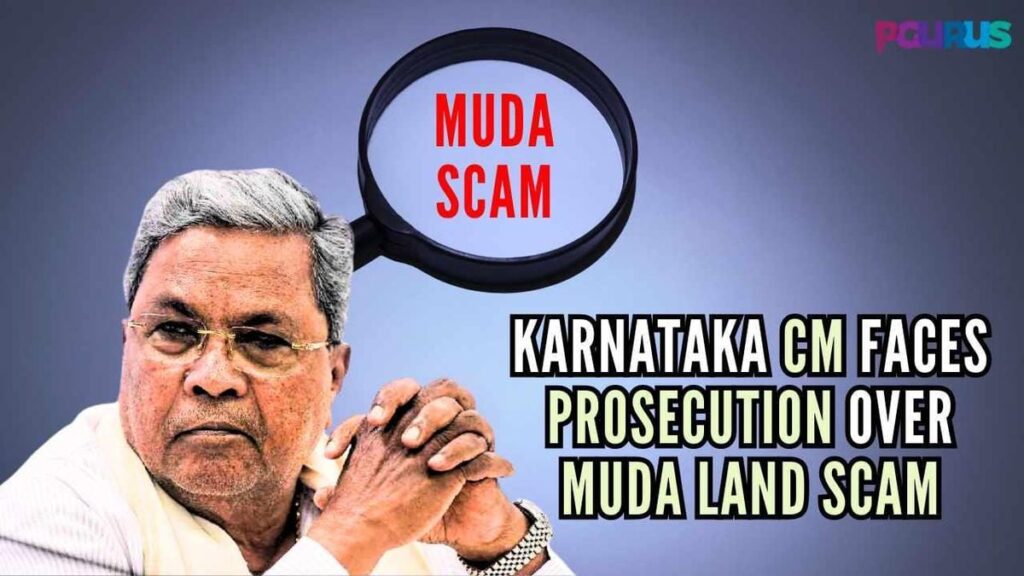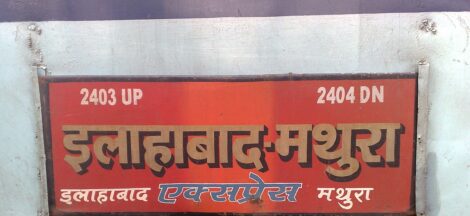Karnataka Chief Minister Siddaramaiah has approached the High Court to challenge the recent approval granted by Governor Thaawarchand Gehlot for his prosecution in connection with alleged irregularities related to land allocation by the Mysuru Urban Development Authority (MUDA). The case, which has sparked significant political tension in the state, centers on accusations that Siddaramaiah misused his position during his previous tenure as Chief Minister.
The controversy revolves around a 3.16-acre plot of land in Kesaru village, originally owned by Siddaramaiah’s wife, Parvathi. MUDA acquired the land for development purposes, compensating Parvathi with 14 premium sites in Vijayanagar in 2022 under a 50:50 scheme. However, social activists, including T.J. Abraham, have alleged that the value of the plots allotted to Parvathi was disproportionately high compared to the original land, raising concerns about potential favoritism and misuse of authority.
Following these allegations, a request for prosecution was made by the activists, leading Governor Gehlot to issue a show-cause notice to the Chief Minister. Despite Siddaramaiah’s defense, the Governor proceeded to grant permission for prosecution, intensifying the political conflict between the ruling Congress and the opposition BJP. The BJP has since demanded Siddaramaiah’s resignation, citing the need for accountability.
The High Court has scheduled a hearing on Siddaramaiah’s petition, where his legal team, led by Senior Advocate Abhishek Manu Singhvi, is expected to argue that the Governor’s decision was politically motivated and lacked sufficient legal grounds.
This case has not only highlighted the ongoing political rivalry in Karnataka but also brought attention to broader concerns about the use of discretionary powers by governors in the Indian political system. As the legal proceedings unfold, the outcome could have significant implications for both Siddaramaiah’s political career and the governance dynamics in the state.




 SEBI Chief’s Link to Blackstone Raises Ethical Concerns
SEBI Chief’s Link to Blackstone Raises Ethical Concerns 